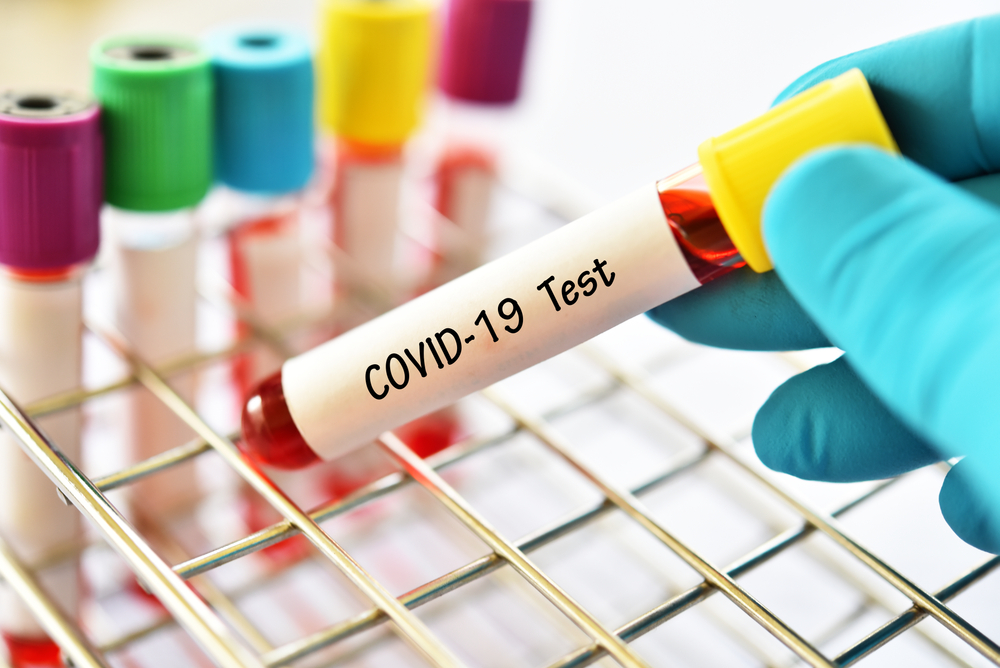
Looking for solutions to the nationwide shortages of coronavirus testing, despite the ongoing pandemic, U.S. Sen. Gary Peters (D-MI) proposed legislation this week that would make testing free and rapidly distributed both to communities and health care providers.
Calling on both the Trump administration and Congress to take action, Peters — the Ranking Member of the Senate Homeland Security and Governmental Affairs Committee — criticized the national shortage of testing kits, amid news reports that the United States is lagging behind other nations. Some more rapidly deployed testing efforts and have since seen reductions in patients contracting SARS-CoV-2, the virus that causes COVID-19.
“Widely available testing is the most effective way to identify and contain COVID-19 cases before they spread further, and our nation’s inadequate testing program is simply unacceptable,” Peters said. “The Administration and Congress must not only make testing free, we must ensure that test kits are readily available and rapidly distributed to communities and health care providers who need them. I will continue pressing for decisive steps like those I’ve outlined in this plan to help prevent the further spread of this deadly virus and protect the health and safety of Michiganders.”
Peters’ plan consists of three parts: expanding accessibility and availability of testing, covering costs of test kits, and moving swiftly to implement emergency disaster authorities.
To expand accessibility, Peters called on President Donald Trump to activate authorities allowed under the Defense Production Act and ramp up production of supplies. He also pushed for expedited approval of and waivers for labs ready to provide testing, particularly those using high-capacity, automatic testing platforms. Of the Department of Health and Human Services (HHS), he has asked that it partner with public health labs, health care facilities and private industry to identify and address shortages linked to tests, while getting the Centers for Disease Control and Prevention to update testing criteria to guarantee everyone who needs one can be tested. As for Congress, Peters is pushing for the expedited transfer of appropriated funding to state, local, territorial and tribal entities to support preparedness and response efforts as quickly as possible.
In terms of cost, Peters also wants to guarantee that no one will be prevented from testing due to charges. Part of that involves the quick passage of the Families First Coronavirus Response Act already approved by the House, but currently awaiting Senate action. As to the disaster authorities, Peters noted that Trump has already announced his intention to activate authorities provided under the National Emergencies Act, Stafford Act, and Social Security Act, as a means to access additional resources and powers necessary for voluntary testing. He wants to see similar action from federal authorities such as FEMA and HHS, including activation of the disaster relief fund, support to standalone testing sites, and a waiver of restrictive health care regulations as are currently in effect on Medicare, Medicaid, and Children’s Health Insurance Program.




